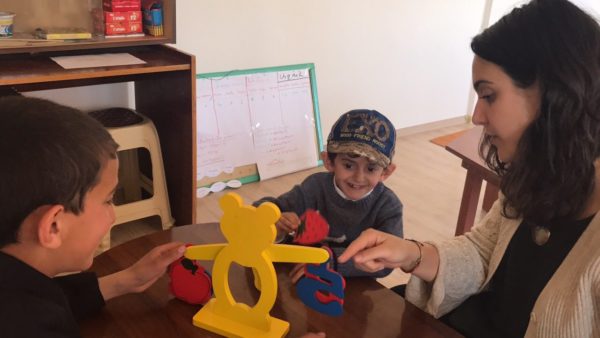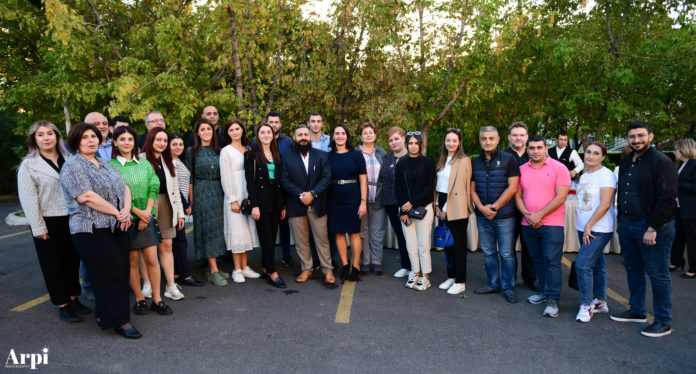By Jack Baghumian
Special to the Mirror-Spectator
YEREVAN — Armenians in the diaspora often come to Armenia and bring an international mindset and experience to the country. In the case of Armineh Babikian, not only did she reform of a branch of healthcare, but she also evolved the world of Occupational Therapy in rural Armenia.
Babikian’s work as an occupational therapist (OT) essentially means that she guides people to learn, or relearn, how to do daily activities that occupy their time; such as “getting out of bed, brushing their teeth, getting dressed” as well as more involved tasks like “going to work, going to the store, and using a computer.” Essentially, an occupational therapist helps people with “physical, cognitive and psychosocial challenges”, be it from birth or from injury, with the ultimate goal being to have independence and quality of life. Her work helps people achieve the ability they have lost, or have never had, to participate in society.
Babikian first volunteered as an OT in Armenia in 2017 through the Birthright Armenia, an NGO that finds opportunities for diaspora Armenians between ages 21 and 32 in Armenia. During that time, she was able to work with organizations such as Children of Armenia Fund and My Way Educational and Rehabilitation Center. She noted, “inclusive education was just starting to be mandated and implemented. There was a growing demand for resources on inclusive education.”

Babikian explains how she was the first ever OT to visit several villages of Armenia. “I would go to eight different villages and work with children with developmental disabilities, many of whom had never received any support before,” she said.










